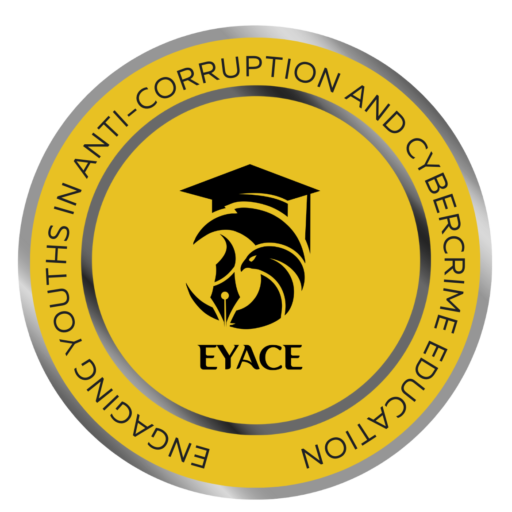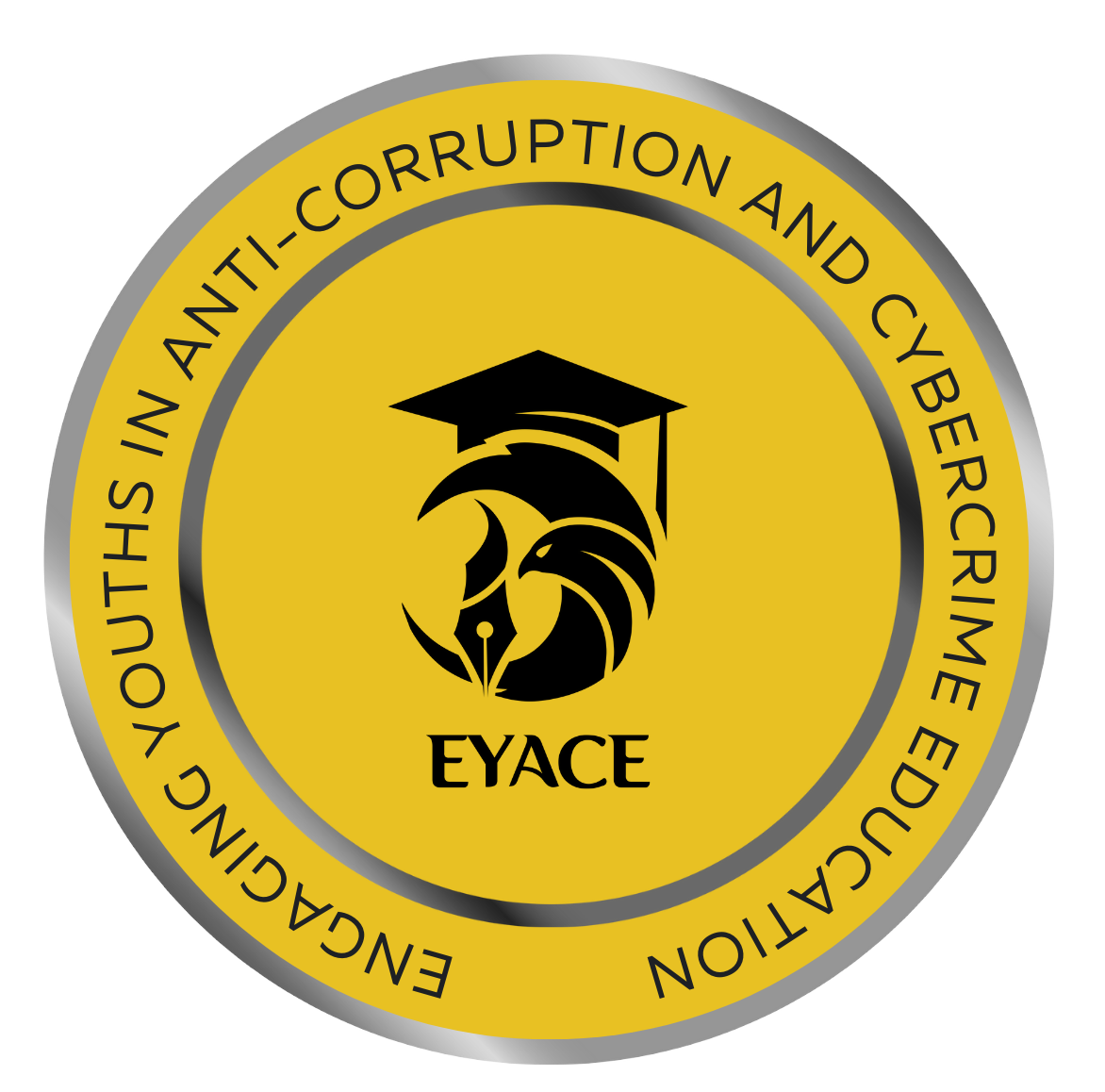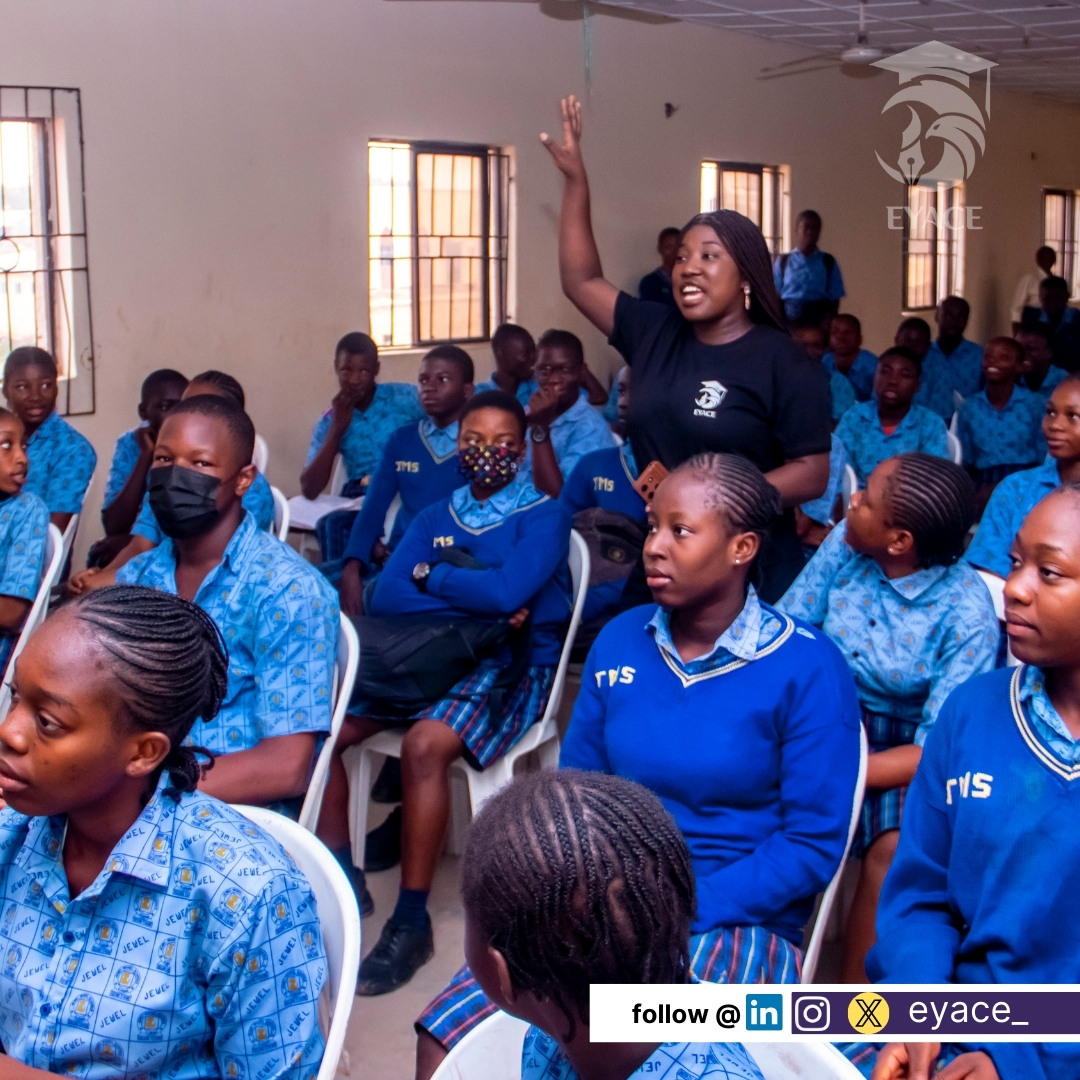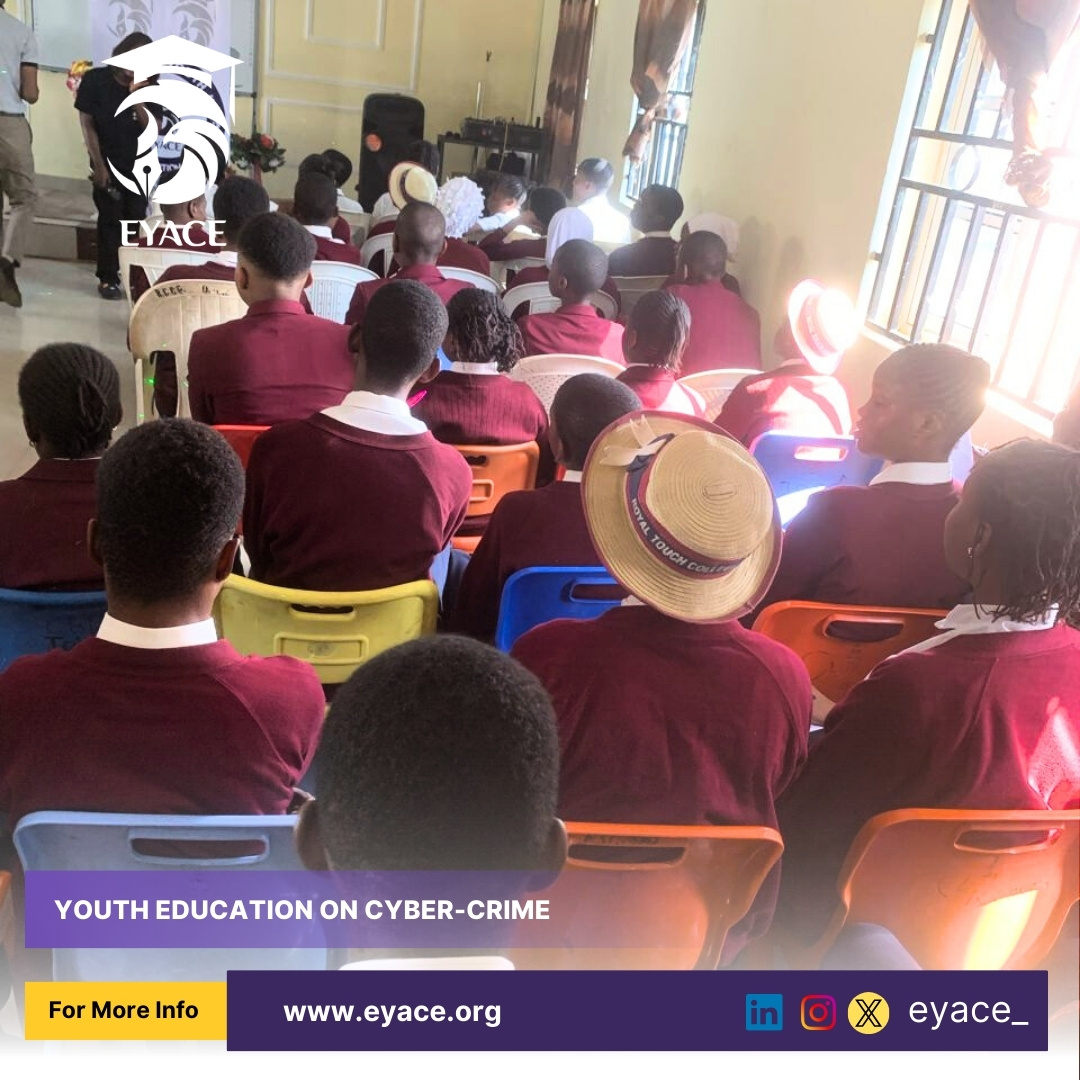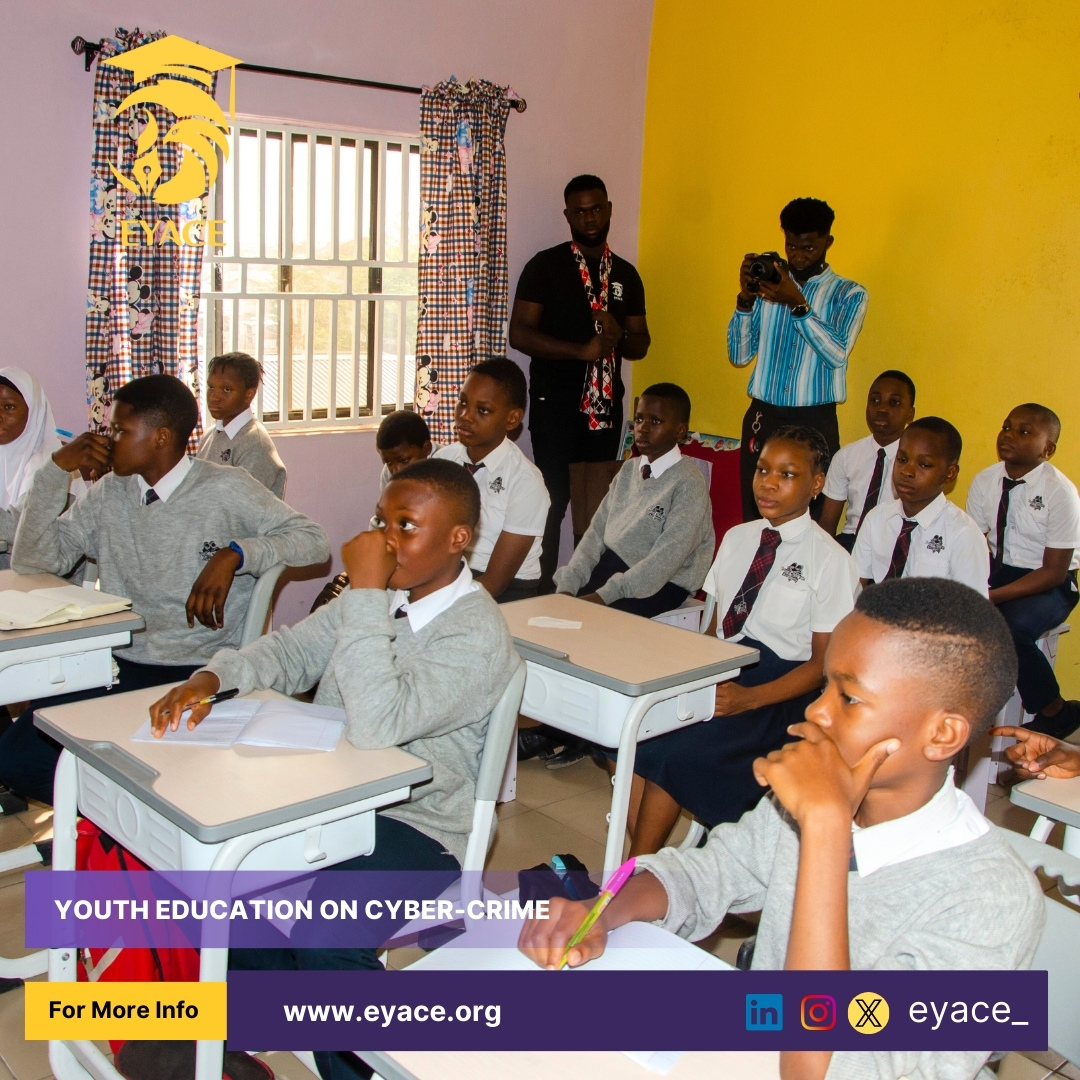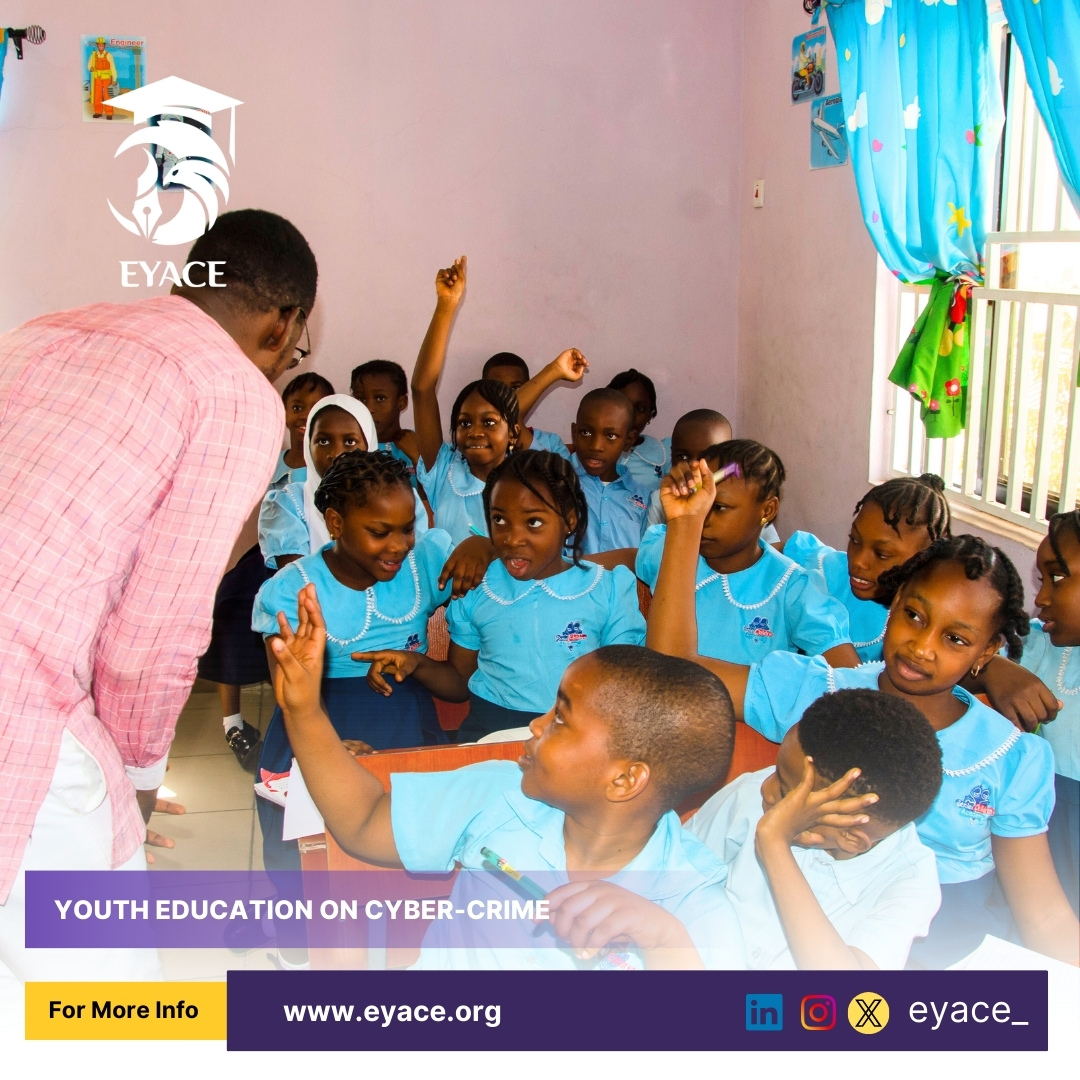In today’s hyper-digital world, computer literacy has evolved from a niche skill into a basic survival tool. For countless young people, particularly in underprivileged areas, the lack of digital skills leaves them vulnerable — not just to missed opportunities, but to the temptation of illegal activities like cybercrime and street hustling. But what if, instead of falling into these traps, we gave them the tools to thrive?
The Invisible Barrier: Lack of Digital Skills
Many youths enter adulthood with big dreams but few practical tools. While they may have access to smartphones and social media, they often lack the real computer skills that employers value: word processing, spreadsheets, digital communication, online research, and cloud technology use.
This gap creates frustration. They see others succeed online — influencers, tech entrepreneurs, remote workers — but feel locked out because they don’t know how to participate legally. In desperation, some turn to online fraud or other illegal schemes, wrongly believing it’s their only ticket out of poverty.
Computer literacy changes that narrative.
How Computer Skills Create Real Opportunity
By teaching young people how to use computers effectively, we open a universe of possibilities:
- Remote jobs in customer support, administrative work, virtual assistance.
- Freelance gigs like content writing, social media management, and basic graphic design.
- Entrepreneurship through e-commerce, digital marketing, and small tech startups.
- Higher education access through online courses, certifications, and global scholarships.
These are not distant dreams; they are attainable realities once a youth can navigate digital tools confidently.
Learning how to use email professionally, manage a project through a spreadsheet, create a clean resume on a word processor — these small skills build to life-changing outcomes. They turn a young person from a potential cyber-offender into a valuable digital citizen.
More Than Just Skills: Building Identity and Pride
Beyond the technical side, computer literacy shapes identity. A youth who knows how to work with technology sees themselves differently. They move from feeling powerless to feeling capable.
Instead of asking, “What scam can I run today?” they begin to ask, “What business can I build?” or “What remote job can I apply for?”
Their sense of self-worth grows. Their dreams expand. Their ability to contribute positively to their community strengthens.
When you empower youths with digital skills, you’re not just giving them tools — you’re restoring hope, pride, and dignity.
Real-Life Transformations
Consider the story of Samuel, a young man from a tough neighborhood. He grew up around fraudsters and petty criminals and had nearly joined their ranks. But through a free digital literacy program, he learned to use Excel, Google Workspace, and basic coding.
Within a year, Samuel secured a remote administrative job for a U.S. company.
Today, he mentors other youths, proving that transformation is possible when the right opportunities are provided.
Samuel’s story is not unique — it’s a testament to the power of digital education.
The Broader Impact on Society
When we lift young people up, we lift entire communities. Crime rates drop. Local businesses flourish with a digitally skilled workforce. Families find new hope as young breadwinners emerge legally.
The ripple effects are profound.
Investing in computer literacy today is an investment in safer streets, stronger economies, and a brighter, more equitable future.
Conclusion: Choose Empowerment Over Enforcement
Authorities spend millions on policing cybercrime and illegal activities, but true change comes from prevention — from giving young people something better to believe in.
Computer literacy is not a luxury. It’s a lifeline.
When we offer young people the skills they need to succeed in the digital world, we not only steer them away from crime — we unlock their potential to change the world for the better.
Let’s stop reacting to cybercrime and start preventing it — one youth, one skill, one dream at a time.
